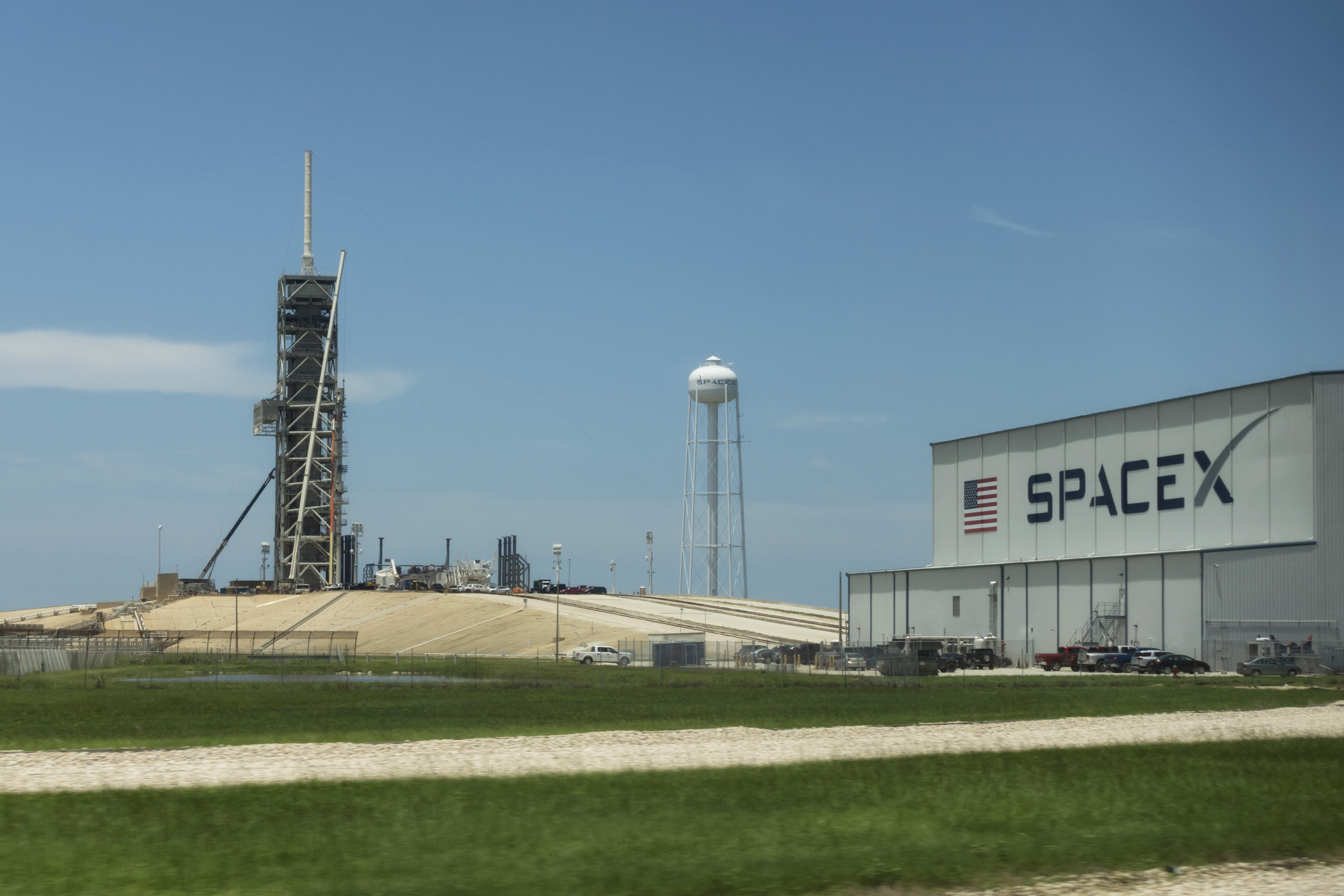By Richard Weitz
Whatever benefits Elon Musk might have brought to Twitter as its owner, U.S. space power will undoubtedly benefit from the deal’s collapse.
Generous support in Congress, including enormous subsidies, and strong NASA backing empowered SpaceX to contribute to the recent resurgence of U.S. interest, investments, and technologies in commercial and civil space exploration.
But recent developments threaten to reverse these achievements.
In only a few years, the NASA-SpaceX partnership enabled the United States to end its reliance on Russian rocket engines and the Soyuz space launch vehicle to launch crews and other payloads into near-earth orbit.
In the next few years, NASA will depend on SpaceX to help construct a replacement for the International Space Station (ISS), whose future has become increasingly problematic due to growing Russian-U.S. tensions on earth.
The U.S. military and intelligence community also now depend on SpaceX to launch national security payloads such as their billion-dollar satellites.
The vigorous pursuit of counterspace capabilities by Russia, China, and other countries demonstrates how these malign actors aim to blind and paralyze the United States by attacking these U.S. intelligence, communications, and other space-based systems. Last November, Russia followed China in underscoring these capabilities by destroying one of its defunct satellites.
Besides these direct-ascent anti-satellite (ASAT) weapons, Russia and China have also tested various co-orbital ASATs that can maneuver toward other space objects to observe, shadow, hack, disrupt, grab, or smash them. Furthermore, Beijing and Moscow have researched various directed energy weapons like lasers that can track, disrupt, and destroy space objects.
If the United States were ever in armed conflict with Russia or another major space power, the Pentagon would urgently need SpaceX to launch large numbers of additional or replacement satellites.
SpaceX’s Starlink program has underscored the importance of this function in helping the Ukrainian government, armed forces, and people maintain Internet-based services in the face of Russian efforts to control Ukrainians’ territorially based communication capabilities.
In the realm of commercial space, the NASA-SpaceX collaboration and other innovative public-private partnership arrangements made the United States competitive again with Russian, Chinese, and European companies in the international market for satellite launches.
But now other countries such as China are providing enormous subsidies to boost their national space launch industries. The PRC has launched hundreds of satellites, second only to the United States, and is building its own space station. China has been heavily promoting its commercial space capabilities, hoping to expand its global market share at the expense of the United States and other competitors.
Despite these challenges, Musk’s captivation with transforming Twitter could have detracted from his management of SpaceX.
Though SpaceX is not publicly traded, the stock price of Tesla — Musk’s pioneering electric vehicle and clean energy company — declined by more than 30 percent after he announced his deal to purchase Twitter. Investors feared the Twitter issue was impeding Musk’s resolution of financial, quality control, and other difficulties plaguing Tesla.
The company has recalled hundreds of thousands of cars and faces the looming threat of federal regulatory action over purported safety issues. Musk has acknowledged that Telsa’s Austin and Berlin start-up plants have become “gigantic money furnaces” that are losing billions of dollars right now because there’s a ton of expense and hardly any output.”
Several SpaceX problems likewise warrant Musk’s urgent attention.
The company has experienced repeated delays in launching important civil and national security missions due to quality-control issues and other problems.
SpaceX’s Starship prototype, intended to launch hundreds of people and satellites into orbit and eventually beyond, has suffered years of setbacks. A few days ago, an engine on one of its booster exploded in Texas.
Most of the workhorse Falcon Heavy payloads have also experienced significant delays. Recent postponements have disrupted a Space Force mission (USSF-44) to place a prototype micro-satellite in geosynchronous Earth orbit, the first Air Force mission (USSF-52) won through competitive bidding for SpaceX’s Falcon Heavy rocket, and NASA’s Psyche mission to explore a metal-rich asteroid between Mars and Jupiter.
Besides depriving the United States of critical time-urgent capabilities, these delays cost taxpayers millions of dollars in additional expenses. They also raise the risk of another major mission failure that could derail years of bipartisan investment in rebuilding the U.S. space program.
Musk’s Twitter fixation led SpaceX’s employees to take the extraordinary step last month of circulating an open letter calling on the company’s executives to “[p]ublicly address and condemn Elon’s harmful Twitter behavior.”
Though Musk might have brought valuable contributions to Twitter, he must remain laser-focused on making SpaceX a more reliable company at a time when commercial and geopolitical developments have created a more challenging environment for the United States in space.
Photo 138644926 / Space X © Ilfede | Dreamstime.com


